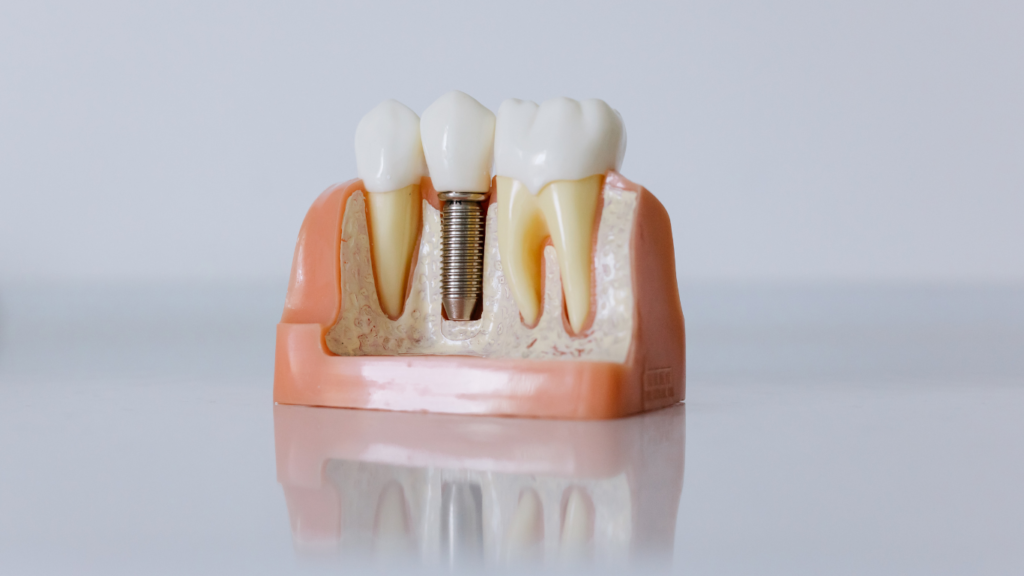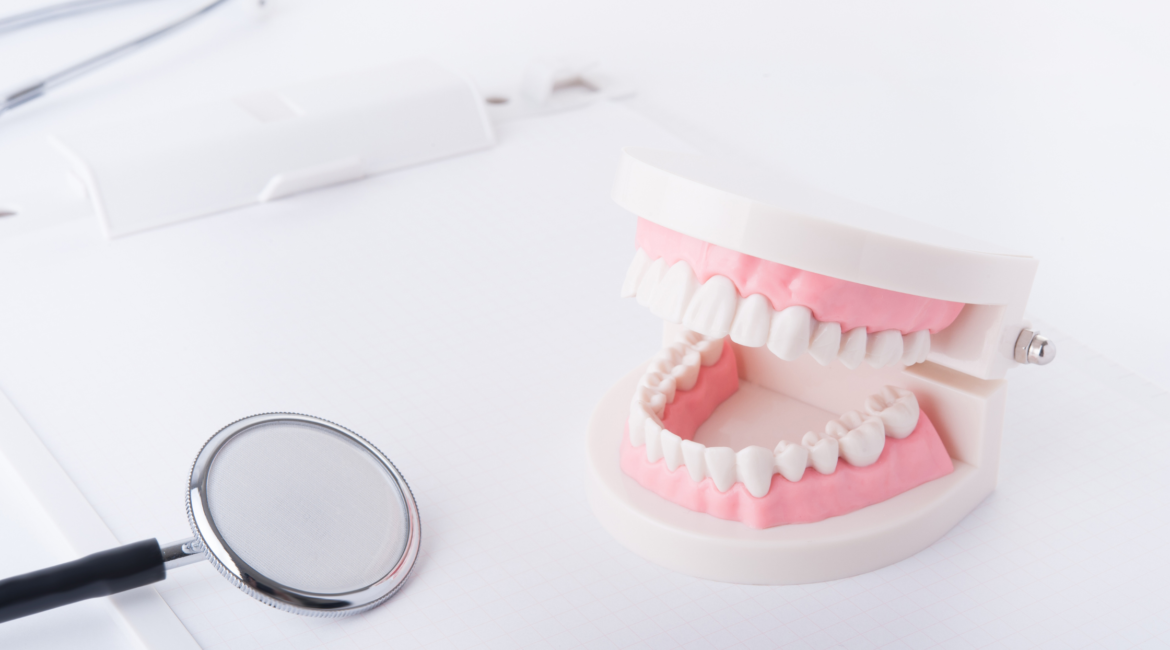Missing teeth are more than just a cosmetic concern—they can have significant impacts on your overall health and well-being.
While many people believe that losing a tooth only affects their smile, the reality is that even a single missing tooth can trigger a range of physical, emotional, and social consequences.
In this article, we’ll explore the various effects of missing teeth, emphasizing why it’s essential to address tooth loss promptly.
1. Impact on Oral Health
One of the most immediate consequences of having missing teeth is the impact on your oral health. The absence of a tooth can lead to a domino effect of changes within your mouth.
Bone Loss and Jaw Deterioration
Teeth play a crucial role in maintaining the integrity of the jawbone. When a tooth is missing, the bone in that area no longer receives the stimulation it needs through chewing and biting.
This lack of stimulation causes the bone to deteriorate over time—a process known as bone resorption. As the jawbone shrinks, it can lead to changes in the shape of your face, making it appear sunken or aged.
Shifting Teeth
A missing tooth creates a gap, and neighboring teeth may gradually shift into this empty space. This movement can lead to misalignment of your bite, making it difficult to chew properly and increasing the risk of further tooth loss.
Crooked or shifted teeth are also harder to clean effectively, leading to an increased risk of cavities and gum disease.
Gum Disease and Tooth Decay
Gaps in your smile can become traps for food particles and bacteria, making it easier for plaque to build up. This can lead to gum inflammation (gingivitis) and eventually to more severe conditions like periodontal disease, which can cause further tooth loss if not treated.

2. Challenges in Chewing and Digestion
Of course, teeth are essential for properly chewing food, which is the first step in the digestive process.
Missing teeth can significantly impact your ability to chew certain foods, particularly those which are hard or fibrous.
Difficulty Eating Nutritious Foods
When you have missing teeth, you may find yourself avoiding certain foods that are difficult to chew. Over time, a limited diet may affect your overall health and increase the risk of conditions such as malnutrition, digestive issues, and a weakened immune system.
Digestive Problems
Chewing breaks down food into smaller pieces, making it easier for your stomach and intestines to process. If you are unable to chew properly due to missing teeth, larger food particles may enter your digestive system, causing indigestion, stomach pain, or bloating.
3. Aesthetic Concerns and Self-Confidence
One of the more visible effects of missing teeth is the impact on your appearance. While aesthetics may seem like a minor issue, the way you feel about your smile can have profound effects on your self-esteem and social interactions.
Changes in Facial Structure
The jawbone deterioration mentioned earlier doesn’t just affect your bite—it can also lead to changes in the shape and structure of your face. This is often referred to as a “sunken” look, where the lower portion of the face appears shorter.
This change can make a person look older than they are, which can have a negative impact on self-confidence.
Impact on Smiling and Speaking
People with missing teeth often feel self-conscious about their smiles, leading them to avoid social situations, conversations, or even smiling in photographs. This self-consciousness can affect personal and professional interactions, potentially limiting opportunities and relationships.
Speech Difficulties
Teeth play an essential role in forming certain sounds and words. Missing teeth can cause speech impediments, making it difficult to pronounce certain letters or words clearly. This can lead to frustration and embarrassment, further affecting social confidence.
4. Psychological and Emotional Impact
The emotional impact of missing teeth often goes unnoticed but can be significant. Many people with missing teeth experience feelings of embarrassment, anxiety, or even depression. This can stem from concerns about appearance, difficulty eating or speaking, and the impact on social interactions.
Reduced Quality of Life
When someone feels self-conscious about their teeth, they may avoid social gatherings, eating out, or participating in activities they once enjoyed. This isolation can lead to a reduced quality of life and, in some cases, even mental health challenges such as depression or anxiety.
Increased Stress
The stress associated with the embarrassment of having missing teeth, coupled with the challenges of chewing and potential pain or discomfort, can take a toll on a person’s overall well-being.
5. Consequences for Remaining Teeth
When a tooth is missing, the remaining teeth are left to handle the extra workload, which can lead to additional problems.
Excessive Wear and Tear
The remaining teeth may bear extra pressure from chewing, which can lead to increased wear and tear. This can cause teeth to become weakened, chipped, or even fractured over time. Additionally, a misaligned bite caused by shifting teeth can put undue stress on certain areas, leading to jaw pain or temporomandibular joint (TMJ) disorders.
Increased Risk of Further Tooth Loss
Each missing tooth puts the surrounding teeth at a higher risk of becoming loose and eventually falling out. As teeth shift and gum disease develops due to the inability to clean properly, the stability of nearby teeth can be compromised, leading to a cycle of continued tooth loss.

The Importance of Timely Treatment
Given the range of consequences associated with missing teeth, it’s clear that addressing tooth loss as soon as possible is crucial for maintaining your oral and overall health. Fortunately, modern dentistry offers several solutions to restore missing teeth and prevent these issues.
Dental Implants
Dental implants are one of the most effective solutions for replacing missing teeth. They provide a stable foundation for crowns or bridges and help preserve the jawbone by mimicking the natural tooth root. Implants not only restore function but also improve the appearance of your smile.
Bridges and Dentures
For those who may not be candidates for implants, dental bridges and dentures are viable alternatives. These prosthetics can restore the appearance and function of your smile, helping you regain the ability to eat and speak comfortably.
Preventive Care
The best way to avoid the consequences of missing teeth is to take preventive measures. Regular dental check-ups and good oral hygiene practices can help prevent tooth loss due to decay or gum disease. If you have a missing tooth, addressing it promptly with a dental professional can help prevent further complications.
Modern Day Dental – St. Johns, FL
If you are seeking expert dental care and are located in or around St. Johns Florida, consult with the experts at Modern Day Dental to help maintain optimal oral health.
We use the latest, cutting edge technology to make dental procedures as smooth, fast and painless as possible.

